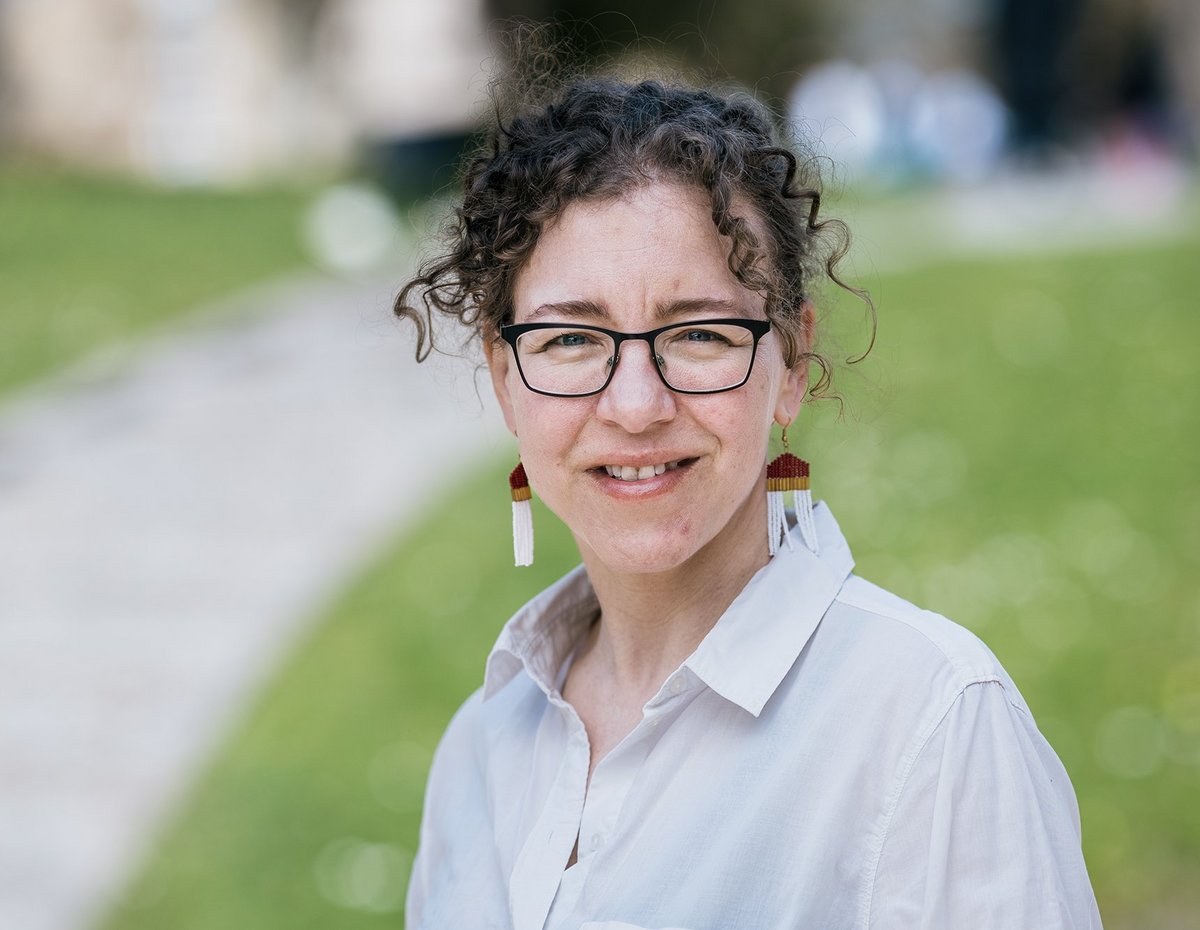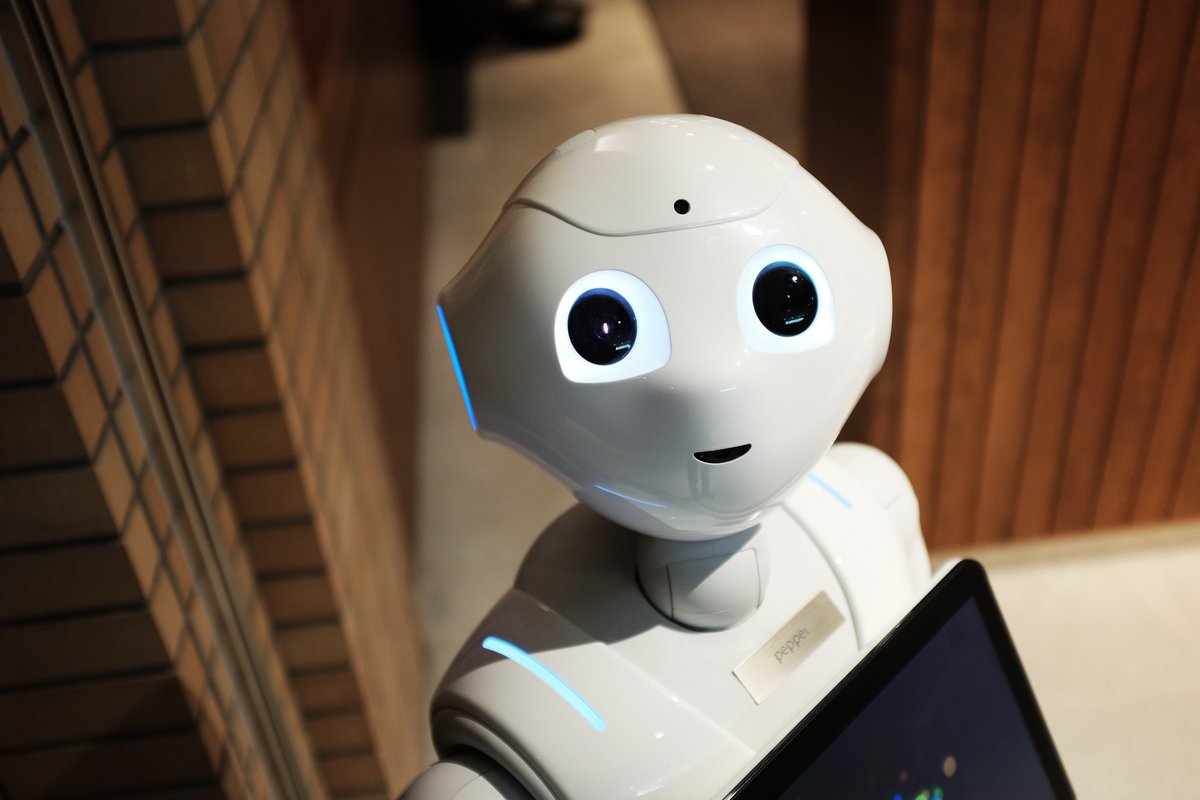
Digital technologies give rise to great hopes and grave worries about how they will transform vital dimensions of Western societies, such as democracy, health care, work life and the legal system. One hope is that the use of decision-supporting and decision-making algorithms will ensure more just, cheap, and effective public administration. At the same time, concerns are raised about how their use can corrode core moral values of the welfare state by increasing discrimination and lack of transparency and trustworthiness.
The Danish public sector is renowned for its high degree of digitalization, and it is therefore likely that moral changes due to the use of digital technologies will show up here. The project examines this in two ways: One line of investigation is a moral philosophical analysis of laws and government strategies as well as of legal and social scientific research on the use of algorithms in public administration. The other line is semi-structured qualitative interviews with relevant stakeholders, such as citizens, caseworkers, the ombudsman, and the agency of digital government. Based on this, the project draws a map of which, if any, public sector moral values and ideals are under change, that will allow us to navigate those changes well.
Project title: Mapping Movements in the Moral Landscape of Danish Democracy: A philosophical investigation of the use of algorithms in public administration
Area of research: Digital technologies and moral change
Fellowship period: 1 Sep 2023 - 30 Jun 2024
Fellowship type: AIAS-SHAPE Fellow

This fellowship has received funding from The Aarhus University Research Foundation (AUFF)
